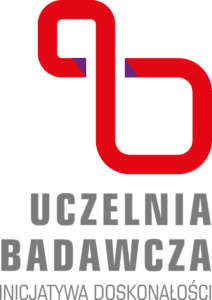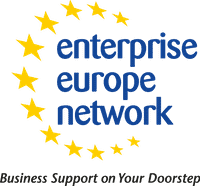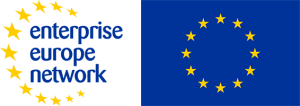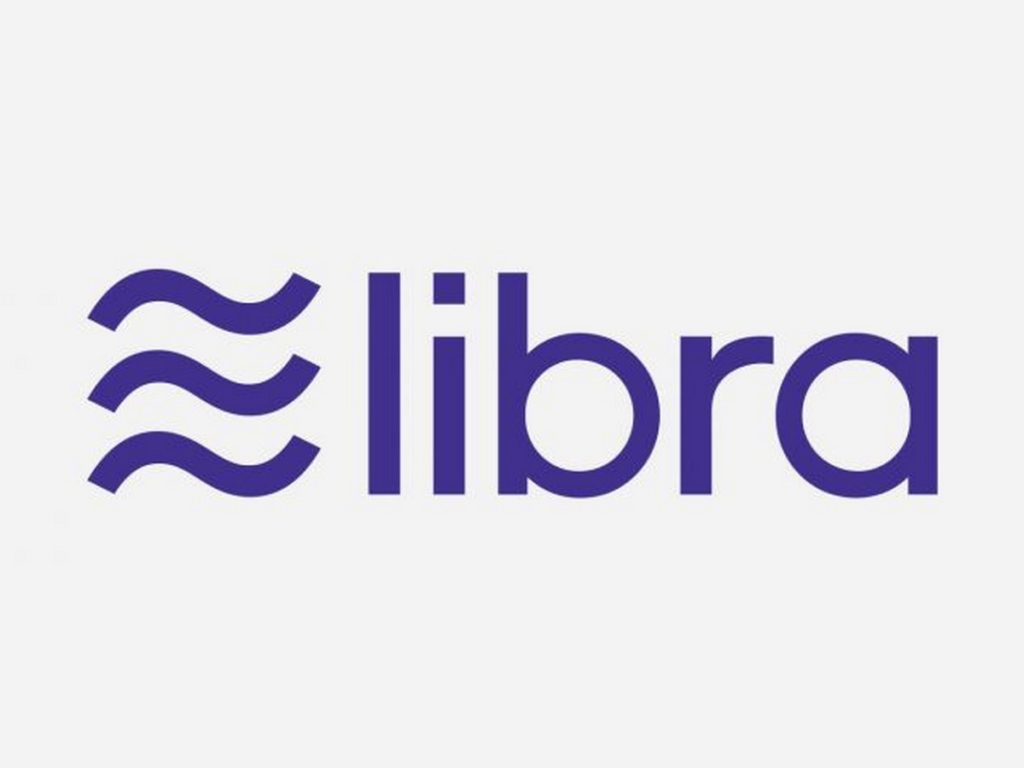This is a quick commentary about just announced „Facebook cryptocurrency”, Libra, following the radio show about the topic I’ve been invited to (in Polish and behind paywall, unfortunately)
https://audycje.tokfm.pl/podcast/76998,Facebook-bedzie-mial-swoja-kryptowalute
With the announcement of new cryptocurrency, Facebook, leading the initiative, hopes to catapult itself into, and maybe eventually dominate, the new paradigm of „Web 3.0”; the Internet of money, the digital system of value flows and emerging ecosystem for business and innovation opportunities.
Łukasz Jonak, Analityk DELab UW
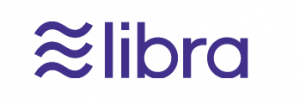
This isn’t anything new, Facebook did similar thing once before. 15 years ago it dominated what now is called Web 2.0, the Internet of content created by and consumed by everyday users (as opposed to big portals). Web 2.0 was the world of blogs and first Internet communications (ICQ anyone?). Facebook lowered the entry barrier to self publishing even more while corralling much of the content-creation activity within its business and technical infrastructure.
Facebook seems to have been paying attention to the developments in cryptocurrency, distributed ledger technologies, fintech and distributed finances, and, contrary to many economists and business leaders, did not downplay its potential, reducing it to the narrow, closed enterprise applications. Facebook’s goal is the same as Bitcoin and Ethereum – to creat a global cryptocurrency and financial ecosystem. In fact, you could change name „Libra” in the official communication about the currency to any other established cryptos and it wouldn’t change the general meaning or sentiment of the text. Especially the part about „banking the unbanked”, providing financial infrastructure to those in the underdeveloped parts of our planet, is a straightforward borrow from crypto ideology. Libra has one colossal advantage over existing blockchains: Facebook’s billions of existing users, for whom the latter is the interface to their social life and world of digital information; now it is about to become an interface to Libra-based financial ecosystem as well. The Facebook’s onboarding capabilities are uncomparable.
The Facebook’s minimum long term plan seems to be to use blockchain technology to stay relevant for the years to come; to chain itself even more to the everyday lives of users and businesses. To „bank the unbanked” means in this case „to facebook the un-facebooked”, which will be the case when Facebook „wall” and Messenger become the default gateway to the new financial ecosystem.
Facebook makes it look like their new venture adheres to the values and ideology of blockchain-sphere. In the white paper, the distributed nature and the security and stability oriented focus of Libra is showcased. The Libra Association, the governing body of the new blockchain, organization comprising of multiple equal peers is supposed to ensure system’s political decentralization (no one entity will have the power to decide blockchain’s faith.) Libra is using elements of the state-of-the-art, proven technology, but also innovates in terms of not using Proof of Work consensus algorithms, which is where many new generation blockchains are headed as well. People hired to develop Libra are renowned, world-class specialists.
But there are so many questions and doubts. The open (permissionless) nature of the new system is aspirational. For the time being it will not be possible for just anybody to become a validator of transactions in the system; the validator nodes» operators will be chosen from among the Libra Association members, and new members will be accepted at Association’s discretion. As of now, the Association itself doesn’t look much like a diverse and decentralized governing body. It comprises of payment companies (Visa, Mastercard), platforms, service providers (Uber, Ebay, Spotify, Facebook) and big investors who will all mutually benefit from controlling the direction of financial revolution.
Facebook’s own involvement both in the Libra Association and in building architecture of the system is being heavily downplayed. It is clear though that FB will have a huge leverage in the Association, bringing to the table its user base, without which the whole enterprise would not be possible.
The white paper states that not Facebook directly, but its subsidiary, Calibra, will take part in the Association and the development of Libra, as to ensure „the separation of social and financial data”, which means, keeping privacy of users intact. Only this is not how you take care of these things in the blockchain-verse. You don’t rely on anybody’s word (in this case that there will be no data-matching between Facebook and Calibra), you check cryptographic proofs, the mathematical locks built into the system, which make certain things physically possible, and other not. Another issue not managed by the Libra blockchain itself seems to be the mechanism ensuring the stability of the Libra currency. It will not be an algorithmic „stable-coin” in neither the sense of Tether (peg-based) nor DAI (market-based). Libra will be backed by „real life” assets: deposits and investments, guarded by „custodians”, again, the latter appointed by Libra Association. There are many areas, it seems, where Facebook et consortes seem to be telling us „don’t worry, we’ve got this, we know what we are doing, just trust us”. This is not a very blockchain-like way.
How will the world react, specifically, the regulators? The case of the European Union is especially interesting. One of the technologies the European Commission seems to be betting on in trying to relieve the grasp of GAFA (Google, Amazon, Facebook, Apple) on European citizens is indeed blockchain. There is no use in trying to build European Google or Facebook counterpart, the right way is to try to technologically leap-frog big corporations by building new generation internet, founded on new technological paradigm. Only that Facebook is preparing to launch itself into this new paradigm as well, potentially making its influence event stronger. It will be interesting to watch what Europe’s answer will be.
Autor projektu: Łukasz Jonak
Projekt finansowany ze środków programu „Dialog” MNiSW

